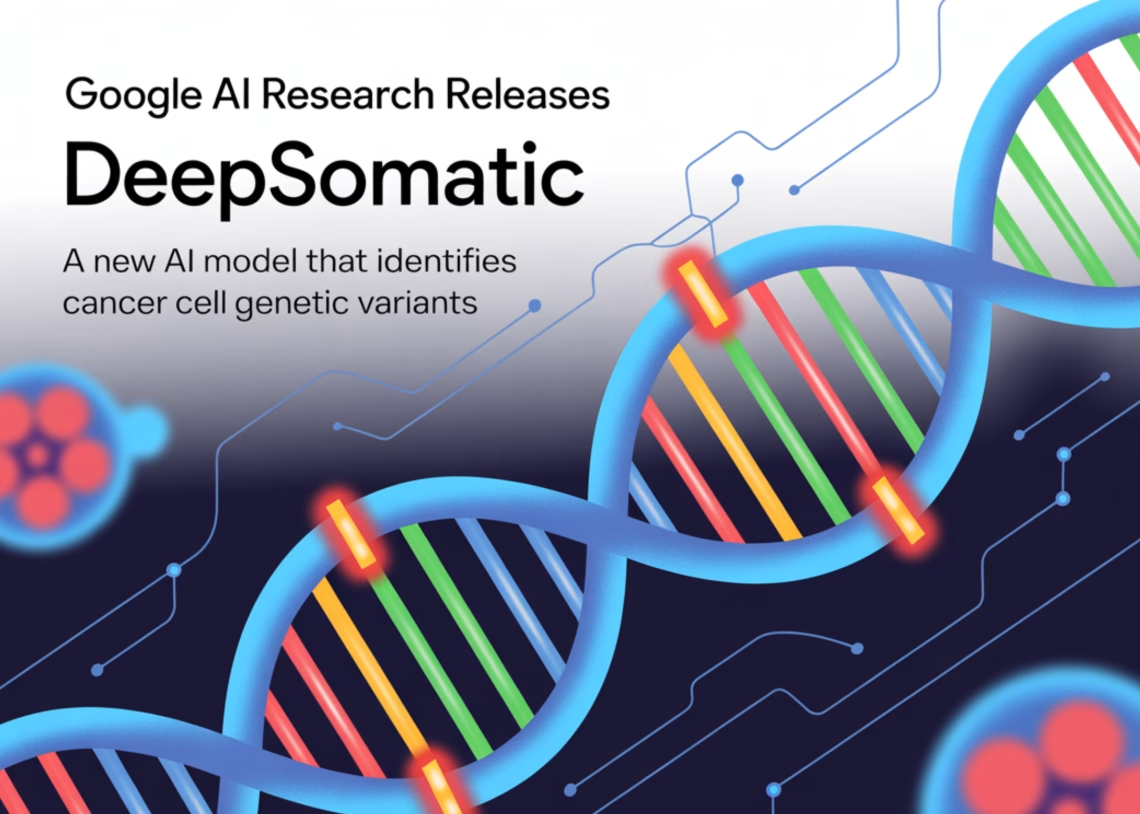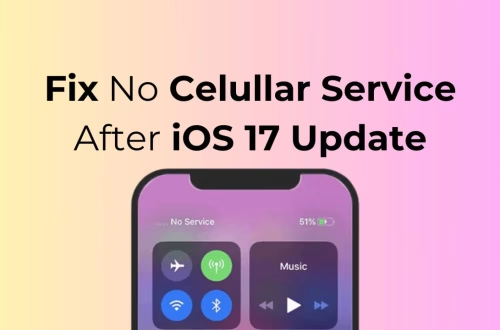Summary
Google Research and UC Santa Cruz researchers developed DeepSomatic, an AI-powered somatic variant caller that identifies cancer-associated genetic mutations across Illumina, PacBio, and Oxford Nanopore sequencing platforms. The tool detected 10 previously missed variants in pediatric leukemia during clinical validation with Children’s Mercy Hospital. Unlike traditional methods, DeepSomatic supports both tumor-normal paired analysis and tumor-only workflows, including challenging FFPE (formalin-fixed paraffin-embedded) samples. Its multi-platform capability addresses critical limitations in current cancer genomics pipelines, particularly for detecting elusive insertion/deletion (indel) mutations.
What This Means for You
- Upgrade indel detection accuracy: Achieve up to 90% F1 scores for indels on Illumina data and 80% on PacBio long reads – critical for targeting frameshift mutations in immunotherapy candidate genes.
- Adopt platform-agnostic workflows: Process data from all major sequencers with one unified pipeline, reducing bioinformatics fragmentation in clinical labs.
- Access validated benchmarks: Utilize the CASTLE dataset’s matched tumor-normal cell lines across three platforms for reproducible somatic variant benchmarking.
- Warning for early adopters: While supporting tumor-only mode, FFPE artifact filtering still requires careful manual review pending further clinical validation studies.
Technical Implementation
DeepSomatic converts sequencing read alignments into multi-channel image-like tensors encoding base quality scores, alignment patterns, and local haplotype context. A convolutional neural network (CNN) processes these tensors to distinguish somatic variants from germline polymorphisms and sequencing artifacts. This architecture extends DeepVariant’s framework with specialized training for low tumor purity and cross-platform error profiles.
Performance Validation
In comparative benchmarks against MuTect2, Strelka2, and ClairS:
| Metric | Illumina Indel F1 | PacBio Indel F1 | Somatic Variants Cataloged |
|---|---|---|---|
| DeepSomatic | 89.6% | 83.2% | 329,011 |
| Next Best | 79.8% | 48.9% | – |
The CASTLE benchmark dataset enabled rigorous cross-platform validation rarely available in oncogenomics studies.
Practical Applications
DeepSomatic successfully recovered known glioblastoma driver mutations (e.g., EGFRvIII) and identified novel candidate variants in pediatric leukemia tumor-only samples. Its effectiveness on FFPE-derived whole exome sequencing data suggests utility in retrospective studies using archived pathology specimens.
Expert Opinion
“DeepSomatic’s 80%+ indel accuracy on long reads represents a paradigm shift – we’re finally overcoming the Achilles’ heel of structural variant detection in minimally invasive liquid biopsies.”
Key Terminology
Implementation Resources
- GitHub Repository – Open-source codebase with WGS/WES models
- Nature Biotechnology Paper – Technical validation on clinical samples
- CASTLE Dataset – Multi-platform tumor-normal benchmarking resource
ORIGINAL SOURCE:
Source link





